How to help if a friend is being abused
News
19/06/2017
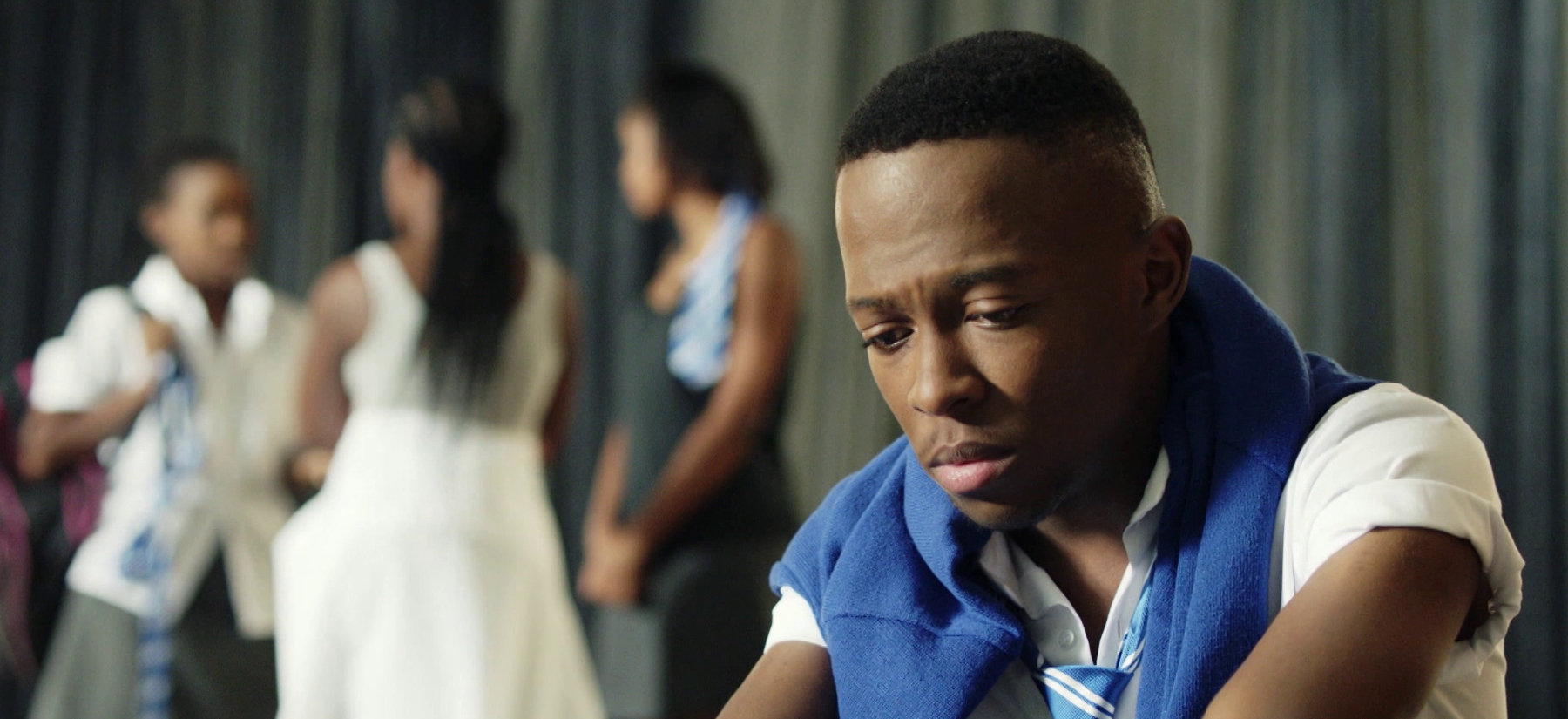
Anyone can be an abuser. They don’t have a certain look that you can pinpoint, and you never know if a person is an abuser until you’re in a relationship with them.
In Episode 11 (Name & Shame), after Tsholo’s funeral, we see all those who were close to her having feelings of regret and discussing how they could’ve helped her out of her situation. Tsholo’s friends aren’t the only people who feel this way; there are many people who feel like they could’ve done more to protect her.
Many victims stay in abusive relationships because of their abuser’s manipulation and threatening tendencies. Studies show that emotional abuse intermixed with small acts of kindness can bond some victims to their abusers, a condition which has been referred to as Stockholm Syndrome. Yes, guys, there’s an actual word for this kind of behaviour.
How does it start?
When you find out your friend is being abused, as a friend, you tend to ask yourself a lot of questions especially when you spend a lot of time together and confide in each other. It can be shocking and also at the same time it can make you angry at yourself because you feel like you have failed as a friend. Like Khensani, she only found out about Tsholo’s abuse because she had a bruise on her face, do you think Tsholo would’ve told Khensani about Sol abusing her had she not had a bruise on her face?
So much goes through your head when you find out your friend is being abused, the first emotion that you experience is anger, at yourself as well as the abuser and your initial reaction is to go confront them or let your friend’s parents know what is going on. Sometimes the best thing is to listen to your friend but also make a sound judgement when you feel like your friend is not trying to leave the abusive situation. There are some steps to follow should you ever find yourself in a situation like this.
What can I do?
Every time you hear a story about someone being abused you also tend to hear that those close to him or her knew about the abuse but did nothing because “it wasn’t their place to involve themselves.” Which is absolute NYOLS (nyols = SA slang for nonsense) because if we say we love our friends and we will be there for them anytime then it should include when they’re in an abusive relationship.
ALSO READ: Why Victim Blaming Needs to End Now!
Most times victims do not say anything, but as a friend you can start by paying attention to your friend’s behavior, do you notice any shifts in how they behave since dating mang-mang (so and so) or do they act scared when their partner calls them or do they cut visits short because the partner told them to come back? Those are usually red flags of a controlling & abusive partner if you notice this what you do?
This is what you can do to approach your friend if you suspect they’re being abused:
- Set up a time to talk.
- Let your friend know that you’re concerned about them.
- BE SUPPORTIVE
- Offer specific help such as NGOs that help women and children affected by abuse.
- Don’t place any blame, shame or guilt because they already feel like crap about everything.
- Encourage your friend to seek professional help and to speak to someone, this includes the police to lay charges.
Have you ever been abused? Do you have any other advice that you can offer a person who is friends with someone who is being abused? Tell us in the comments, use the hashtag #MTVSHUGADS or email us confidentially: info@mtvshuga.com
If you live in South Africa these are some organisations you can seek help from if you’re being abused or know anyone being abused:
- People Opposing Women Abuse (POWA): 011 642 4345/ itumeleng@powa.co.za
- Women Against Women Abuse (WAWA): 011 693 7200
- Transform Education About Rape & Sexual Abuse (TEARS) 010 590 5920
If you live outside of South Africa, go on your web browser and search for “NGOs that help abuse victims in (insert your country).” You should get a list of most places you can go to get help.
REMEMBER THERE’S HELP OUT THERE.
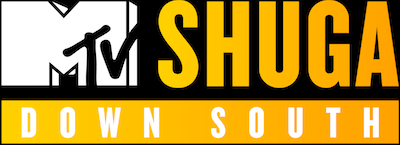
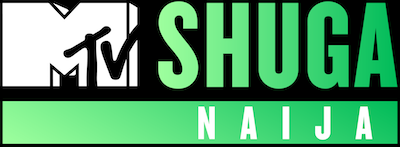
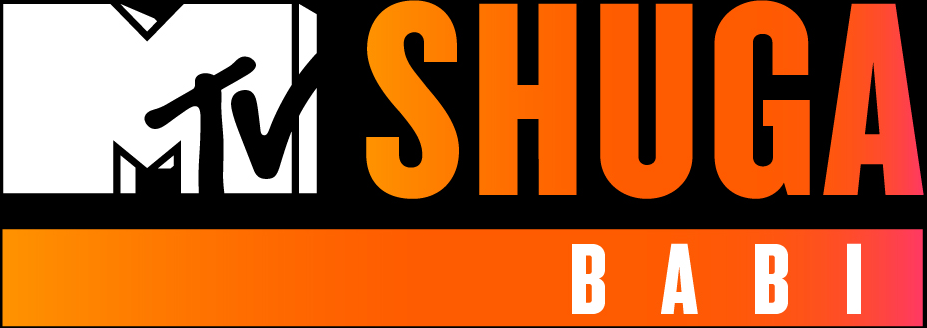




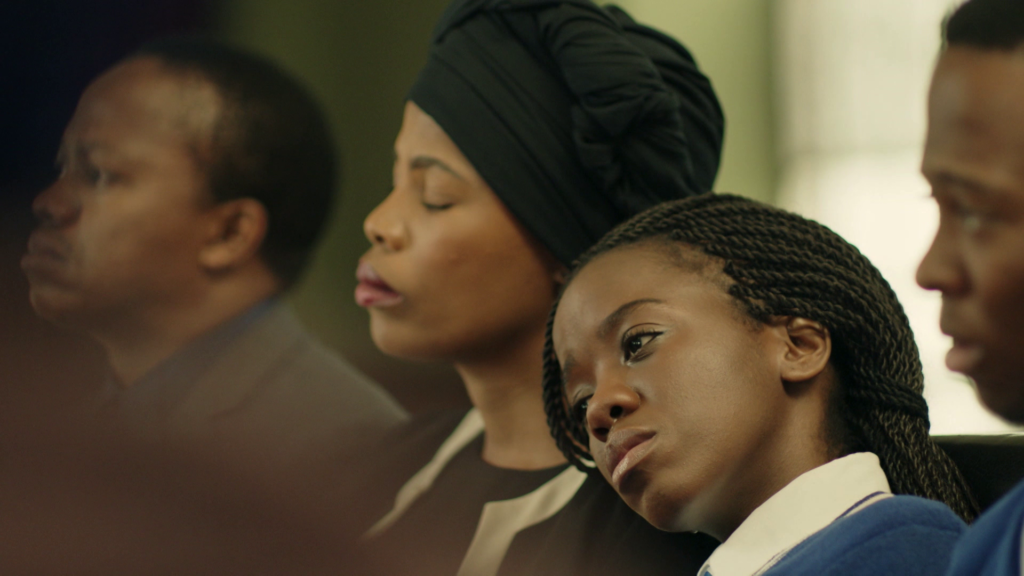
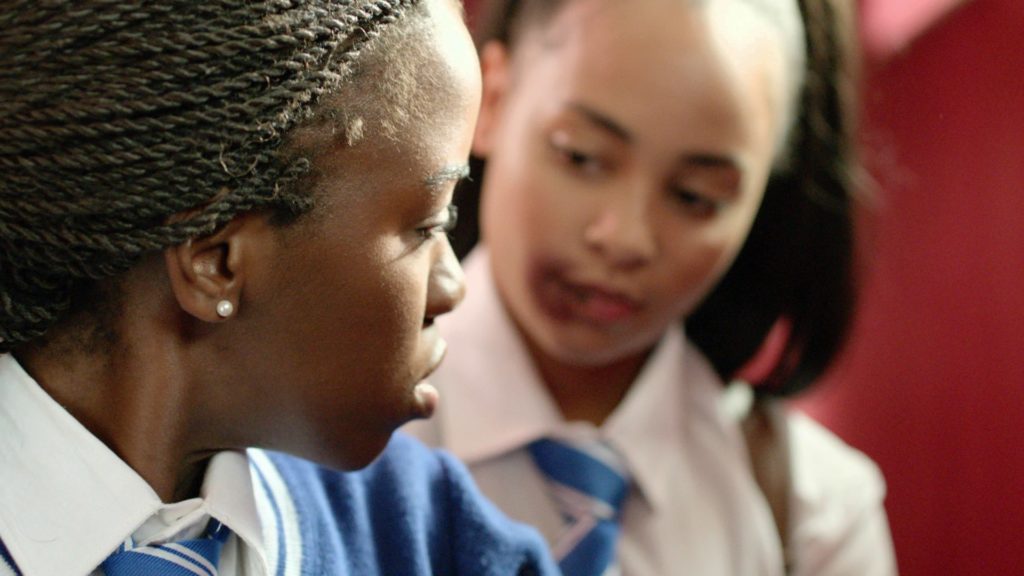
comments
Log In or register to comment